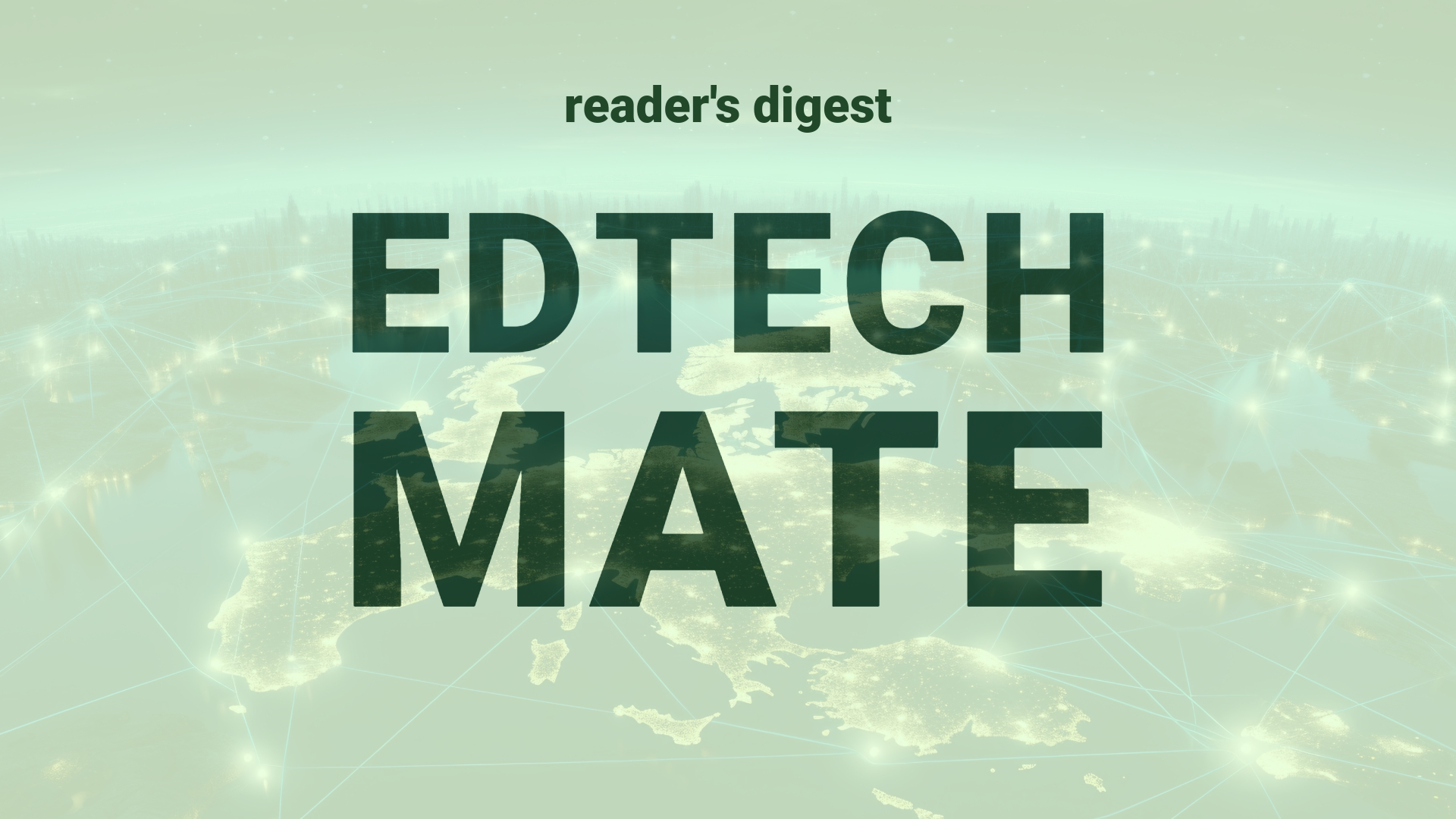“`html
Executive Summary and Main Points
The advent of generative artificial intelligence (AI) is leading to the emergence and expansion of the Chief Artificial Intelligence Officer (CAIO) role across organizations. CAIOs are becoming essential members of the C-suite, championing a culture adept in AI and driving tangible organizational results through advanced technology. These multidimensional leaders are expected to possess an extensive understanding of AI’s transformative potential, demonstrate leadership in innovation, and have a firm grasp of ethical considerations and data governance.
Potential Impact in the Education Sector
The rise of CAIO roles has the potential to significantly influence further education, higher education, and micro-credential fields. By integrating AI strategies with data analytics and business processes, CAIOs can enhance decision-making, improve service quality, and foster innovation. This could lead to more personalized education experiences, efficient administration, and strategic partnerships aimed at equipping students with the skills needed for an AI-driven future. The inclusion of CAIOs in higher education may also expedite digitalization efforts within these institutions.
Potential Applicability in the Education Sector
Innovative applications of AI helmed by CAIOs could reshape global education systems. AI tools can be utilized for student data analysis, leading to tailored learning paths. AI could also enhance research capabilities, optimize administrative tasks, and develop new pedagogical models. The CAIO’s role in fostering interdisciplinary collaboration and leveraging AI for operational efficiency may serve as a catalyst for broader digital transformation in the education sector.
Criticism and Potential Shortfalls
Despite the optimism surrounding AI, there are potential shortfalls such as ethical issues, data bias, and cultural insensitivity that may arise from AI applications. Comparative international case studies reveal that the impact of AI in education varies widely, with successful integration depending not just on technology but also on institutional readiness and cultural context. CAIOs must navigate these challenges carefully to avoid exacerbating inequalities or compromising student privacy.
Actionable Recommendations
Educational institutions should consider appointing CAIOs to lead AI initiatives, ensuring they possess a balance of technical expertise and strategic vision. Fostering a culture of continuous learning within organizations will be critical to keeping pace with AI advancements. Partnerships between academia and industry should be strengthened to enrich AI curricula and micro-credentialing programs. It’s also imperative for CAIOs to prioritize responsible and ethical AI practices, embedding these principles into the institution’s strategy for digital transformation.
“`
Source article: https://www.cio.com/article/2099924/habilidades-y-rasgos-esenciales-de-los-directores-de-ia.html

